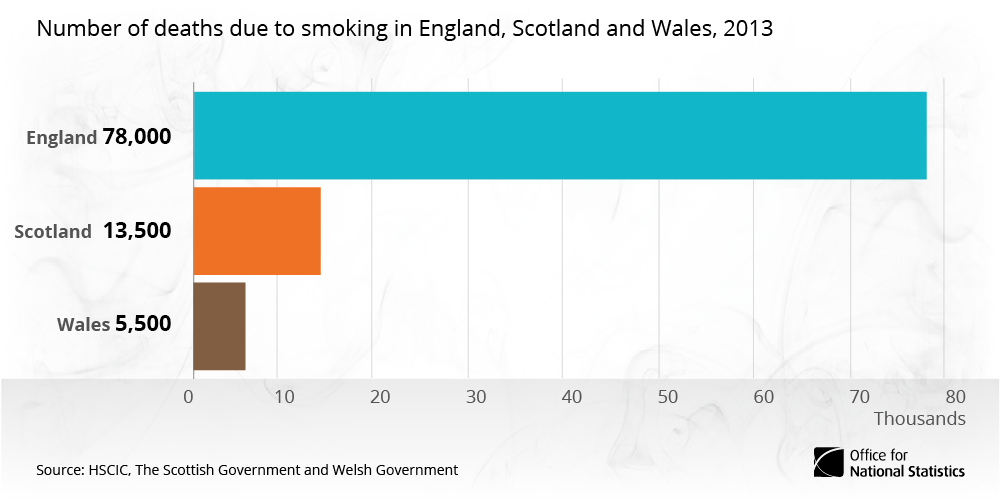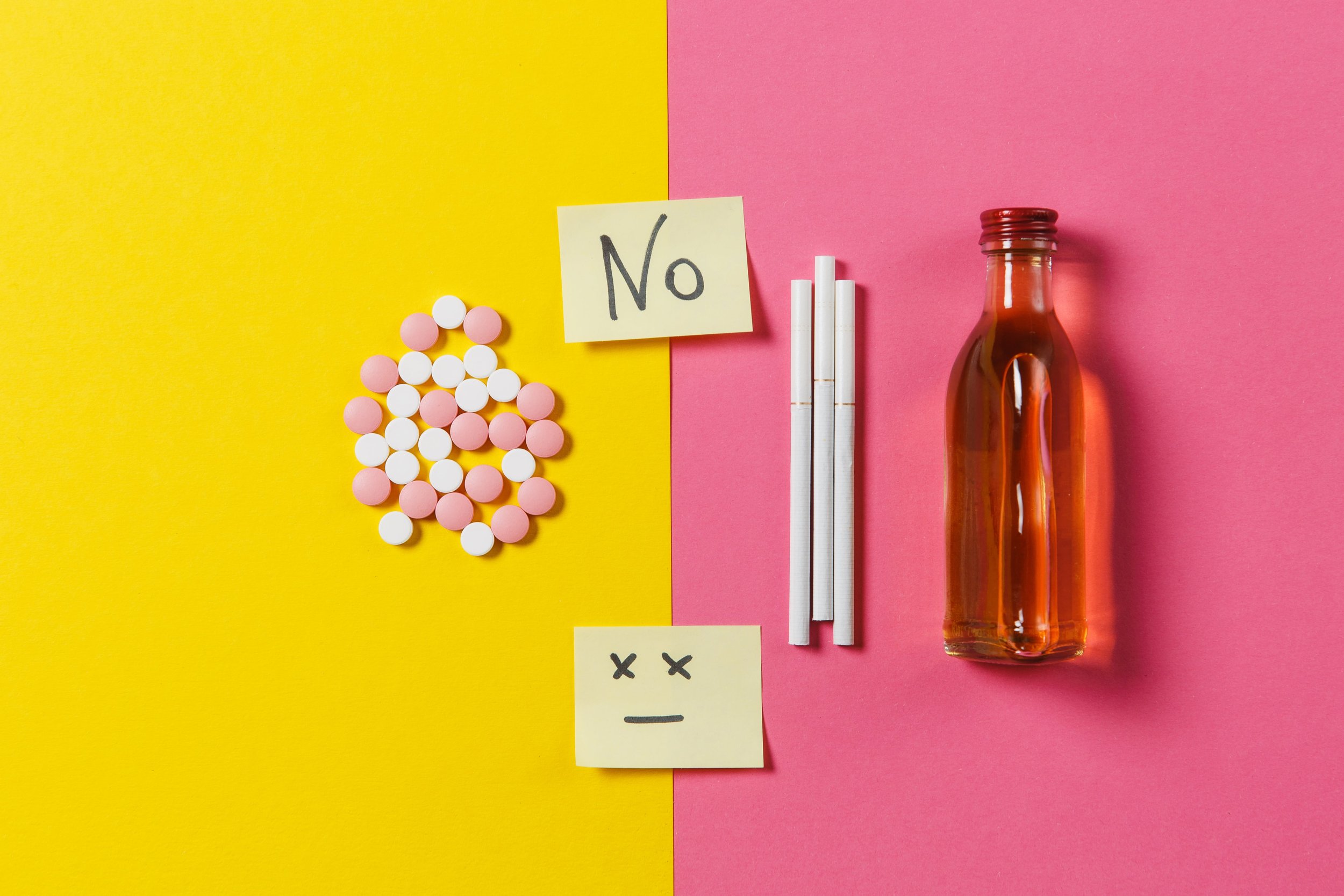No, unfortunately, we’re not here for Ed Sheeran’s song (although it’s been my number-one jam for a while). We’re here on a more serious matter – we’re going to go over those habits of your daily routine that have detrimental effects on your oral health and are causing diseases that strike your gums, teeth and overall health. I’m hoping that if you know which are those poor habits you will be able to take action and be more responsible for your dental health.
If you start taking better care of your teeth, as a guaranteed result, I promise you that you will notice a significant improvement in other aspects such as your overall health, and mental health, not to mention how much money you could save from dental treatments. If it’s too late at this stage – fear not – we will go over different ways to deal with tooth loss. I will help you understand how dental implants and non-removable tooth bridges over them can provide a permanent and sustainable solution to tooth loss. So let’s go over the bad oral habits that can cause permanent damage to your teeth.
Contents
Smoking
Did you know that according to the NHS, approximately 78,000 people in the UK die from smoking per year? What’s worse, many more live with illnesses caused by smoking.

Smoking is one of the most common causes of gum disease in dental patients. It can even cause an astonishing number of more than 50 other smoking-related severe health conditions. Gum disease, in particular, attacks your jaw bone and the soft tissue attached to the teeth. As a result, your jaw bone starts to melt which in turn causes teeth to loosen. Eventually, tooth loss starts to affect one or more of your teeth.
How does it work? Tobacco significantly compromises the proper function of the gum tissue cells. If you are an avid smoker, you should know that you are by affecting the attachment of bone and soft tissue to your teeth. More specifically, it appears that smoking interferes with the normal function of gum tissue cells. Therefore, smokers are more prone to infectious oral diseases like gum disease. Consequently, smokers’ gums suffer severe blood flow impairment which directly affects the healing process of wounds.
Curiously enough, a study in Japan shows has revised the occurrence of gum disease and other types of severe oral infection in non-smokers, ex-smokers, and current smokers. The numbers were: 39.3% and 49.5%, 47.3% and 7.9%, 11.7% and 12.4%, respectively.
Heavy drinking
Acidic drinks like wine and beer can permanently damage your teeth. But how does it work exactly? These substances strike the protective layer of your teeth – the tooth enamel. As a result, this can lead to pain and tooth sensitivity. Because of the weakened enamel, the pH level in your mouth is no longer within balanced levels.
Drugs for instance, massively reduce the amount of saliva in your mouth (which keeps pH levels controlled). As a result, you are much more vulnerable to bacteria attacks in the oral cavity.
If you’re a vodka lover, for example, you shouldn’t think that due to its transparency you’re safe from tooth staining. That isn’t your only concern as alcoholic drinks like vodka and whiskey have a very high alcoholic concentration which in turn will give you a dry mouth.
If you are wondering whether wine is safe and won’t give you tooth decay – I’ve got bad news for you. Both white and red wine are highly acidic – they will not only stain your teeth and colour them yellow but can cause serious tooth decay. You should know that excessive alcohol consumption will cause gum disease to worse and speed up gum recession.
On the other hand, if you’re more into cocktails or sweeter alcoholic drinks, you should take into consideration their high sugar concentration. Acids in drinks and foods that contain high sugar levels react with dental plaque which gives you dental decay. And if you leave dental decay, tartar and plaque untreated over long periods of time you run the risk of losing your teeth.

How can you prevent those problems caused by drugs and alcohol?
Maintaining good oral hygiene is essential and the best prevention method for oral-bacteria-induced diseases like gum disease among others. And yes, your dentist can tell if you are a heavy alcohol drinker because regular alcohol consumption will result in a dry mouth. So unless you are eager to wear a denture or want dental implants done already, look after your oral hygiene responsibly. Flossing, brushing your teeth and using mouthwash with undoubtedly have a positive impact on your dental health.
Using your teeth as tools
If I ask you what is the primary function of your teeth, what would you answer? To chew food, to smile widely for a photo and look nice, to use them as a tool to open things?
You need to stop using your teeth for tools immediately unless you are ready for your first set of dentures. Just because you can physically open packages, envelopes or others, that does not necessarily mean that it is good for you. Hard objects can cause your teeth to break or crack and such bad oral habits massively speed up the natural wear and tear of your teeth.
Surely, you don’t want to break or what’s worse lose a tooth over something well within your control. Here are my top 3 bad teeth habits to avoid:
- Don’t use your teeth to open various packaging – no candy wrappers, no bottles of any kind. Did you know that your teeth do not regenerate? So doing any damage to them like cracking or clipping on hard objects like bottle caps will be permanent. This will result in pain, sensitivity and worst-case scenario tooth loss.
- Don’t use them as an aid to carry items. Yes, we’ve all seen the cute dogs on YouTube that do the grocery shopping on their own, and you might be tempted to use your teeth as an extra tool if you don’t have a spare hand. Still, have in mind that this can lead to facial trauma (imagine falling down while holding a bag with your teeth), and choking, and it contributes to teeth wear and tear.
- Don’t chew things other than food. Yes, I’m talking especially to those of you that still carry the high-school habit of pencil chewing. I know it may be calming in stressful situations to chew your pen or bite your nails, but believe me, there are many other better ways to handle stress. You don’t want extra bacteria from dirty fingernails or your pen which god only knows where it’s been. You can always try some breathing exercises to counter those sensations or take a short walk to cool off if the situation allows it.
Did you know that doctors use the term “pica” to describe the craving sensation for chewing substances that have no nutritional value? Those can be paper, solid or ice for example. You should be altered, however, as craving and chewing ice (pagophagia) can be linked to iron deficiency, which in turn may be a sign of anaemia.
Furthermore, this bad oral habit can lead to serious tooth fractures due to the rigid surface and cold temperature of the ice. You can easily avoid this habit by drinking through a straw (not a plastic one let’s be green) or simply have your beverage chilled with no ice.
Frequent snacking
We have already determined that acidic foods and beverages cause bacteria to form in your oral cavity, which leads to dental decay. That in it’s advanced phase results in gum disease and tooth loss. When you eat, the leftover food in your mouth offers the perfect conditions for bacteria. If you are an avid snacker, pay attention to this habit as it invites cavity-forming acids that will attack your tooth enamel and cause oral diseases.
Another unwanted result of this poor habit is unwanted weight gain due to excess calorie consumption. What’s worse eating small bits frequently will reduce hunger and can have you to miss out on vital nutrients.
If you’re looking for a way to stop snacking, go for a balanced and protein-rich diet. Water can be a huge lifesaver here as not only will it help control hunger, but it will help wash away any unwanted food leftovers. Also, remember that saliva has an important job to control your mouth’s pH. Saliva is 99% water – so make sure you drink plenty of it.
Your saliva has 3 important functions – the minerals in it protect your tooth enamel and prevent oral diseases like gum disease; battles bacteria and germs that cause bad breath and gets rid of acidic sugary drinks that cause cavities.
Brushing right after eating
The fact that you should brush your teeth after eating is undeniable. Brushing your teeth regularly is a clear token of a good oral hygiene routine. However, it does matter when and how you do it.
You know how leftover tooth particles remain in your oral cavity after food consumption. Those food remains if not removed start reacting with the bacteria in your mouth and cause serious tooth decay. One general “hack” is to rinse your mouth with water after food or acidic beverage consumption.
Still, as a rule of thumb, you should wait for at least 30 minutes after a meal before you brush your teeth. That way you will allow saliva to do its job to neutralize the acids that have distorted your mouth’s pH balance and you will prevent tooth enamel damage.
Mind your tongue – yes, the tongue should also be a part of your routine for dental health. Since it roams freely within the oral cavity, it comes into contact with different areas of the mouth. If you don’t clean your tongue properly, it can contribute to cavity forming as it carries food debris to different parts of your mouth.
Bringing it all together
If you don’t keep a strict oral health routine or consistently practice poor dental habits, dental decay and gum disease can result in tooth loss. Tooth loss takes a toll both on your physical health and mental health. It can crush you emotionally and destroy your confidence. However, dental implants can help battle the effects of tooth loss. Implants can substitute the tooth root and prevent your jawbone from melting further, which in turn causes your face to sink in. Teeth over implants offer long-term durability and stability. So if you have lost your teeth over trauma or years of neglect, you no longer have to accept tooth loss as a done deal. Toss your removable dentures aside and get your permanent smile with dental implants.


